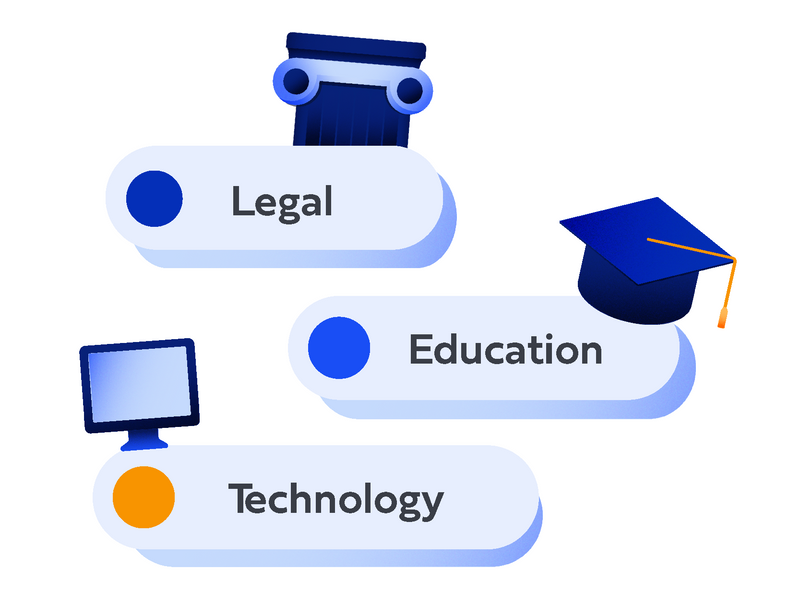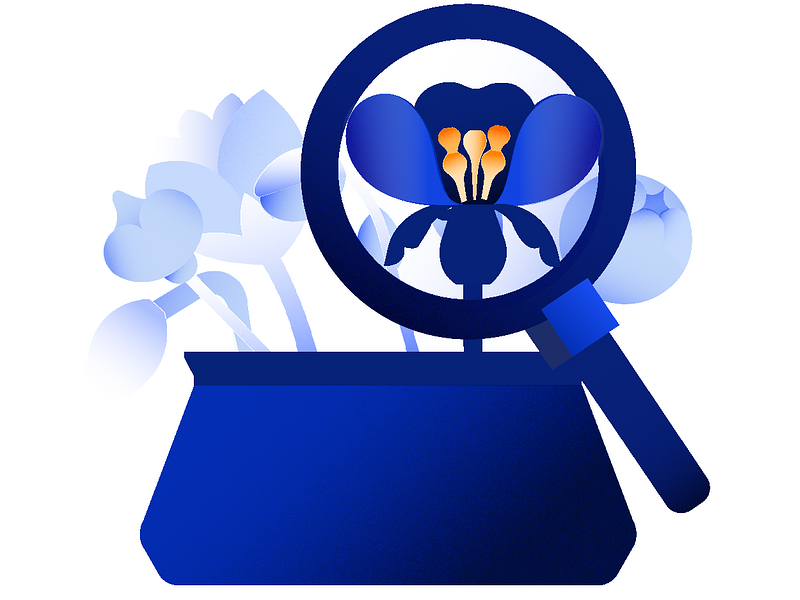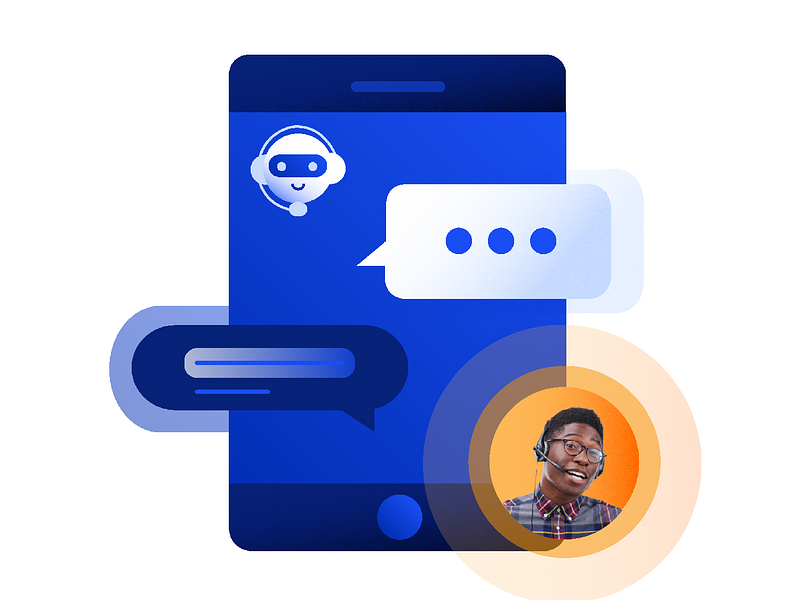-
ISO 18587 and
ISO 27001 certified -
100+
global languages -
10,000+
AI-trained workforce -
Specialized data
annotation platforms

Text annotation

Transform raw text into training data across diverse domains and applications. Our comprehensive text annotation services include linguistic annotation (tokenization, part-of-speech tagging, syntax analysis), semantic annotation (named entity recognition, entity linking, coreference resolution), and specialized content annotation for medical, legal, and e-commerce applications.
We handle sentiment analysis, intent annotation, and conversational labeling for chatbots and virtual assistants. Whether it's clinical notes, legal contracts, product descriptions or social media content, each annotation follows consistent guidelines to ensure your NLP models understand context, structure, and meaning across multiple languages and domain-specific requirements.

Image annotation

Precise labeling for computer vision systems. From facial recognition landmarks to object detection bounding boxes, we annotate images so your AI can identify features, classify objects, and understand visual patterns. Works for everything from medical imaging to retail product recognition.

Audio annotation

Speaker identification, language classification, and voice command labeling for speech recognition systems. Our annotators work across accents and dialects to build robust training sets that help your voice AI engine respond accurately to real-world audio input.

Video annotation

Frame-by-frame labeling for video analysis models. We classify content by category, track objects across frames, and annotate key events for recommendation systems, security applications, and automated video processing. Built for scale and consistency.
AI data annotation built for production AI
-
Accuracy and quality you can measure
-
High-security compliance
-
Scalable crowdsourcing access
-
Fast turnaround, flexible budgets
Schedule a free consultation
Get a custom data annotation strategy for your AI models. We'll assess your training data needs, recommend the right annotation methodology for each dataset, and provide projections on model performance gains along with estimated project timelines

Object analysis

Landmark annotation for key points like facial features. Attribute labeling for product characteristics. Bounding box annotation for object detection. We prepare visual data so your models recognize what matters in images and video.

Sentiment analysis

Human reviewers examine text tone and emotion, classifying content as positive, negative, or neutral with intensity scoring. Your AI learns to understand not just what people say, but how they feel about it.

Intent annotation

Label text to identify what users actually want to accomplish. We help chatbots, search systems, and recommendation engines understand the purpose behind queries and requests.
Entity recognition
Extract meaningful information from unstructured text by identifying names, organizations, locations, dates, and quantities. Your AI becomes more context-aware and capable of making informed decisions.
Why choose Travod?
Make your content go further
Get a custom ROI analysis for free.
Frequently Asked Questions
What is data annotation in AI?
Data annotation in AI is the process of labeling text, images, audio, or video so machine learning models can recognize patterns and make predictions. By tagging datasets with attributes like sentiment, objects, or intent, annotation provides the context AI systems need to learn accurately and perform reliably.
Why is accurate data annotation important for AI models?
Accurate data annotation is essential because machine learning models learn directly from labeled examples. Inaccurate or inconsistent annotation leads to bias, poor predictions, and unreliable AI systems. High-quality annotation ensures models understand context, classify correctly, and scale effectively into production environments.
What are the main types of data annotation?
The main types of data annotation are text, image, audio, and video. Text annotation includes sentiment, intent, and entity recognition. Image annotation uses bounding boxes and landmarks. Audio annotation covers speaker and language labeling, while video annotation tracks objects and classifies events frame by frame.
How does text annotation improve Natural Language Processing (NLP)?
Text annotation improves NLP by labeling sentiment, intent, and entities in raw text. This process helps AI understand tone, purpose, and meaning in customer reviews, documents, or chat messages. Annotated datasets enable NLP models to classify, extract insights, and respond accurately in real-world applications.
What industries benefit most from data annotation services?
Industries that benefit most from data annotation services include healthcare, e-commerce, finance, autonomous vehicles, and customer service. These sectors rely on accurate labeled data to train AI models for medical imaging, product recognition, fraud detection, navigation, and chatbot interactions at scale.


